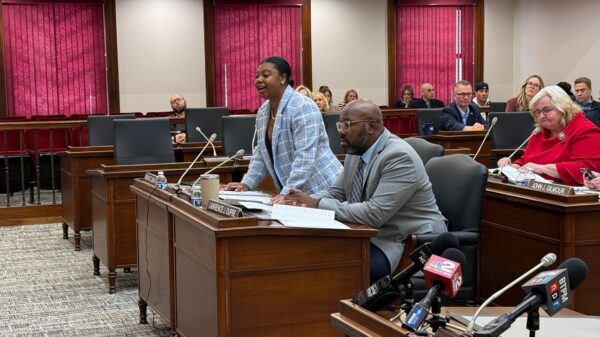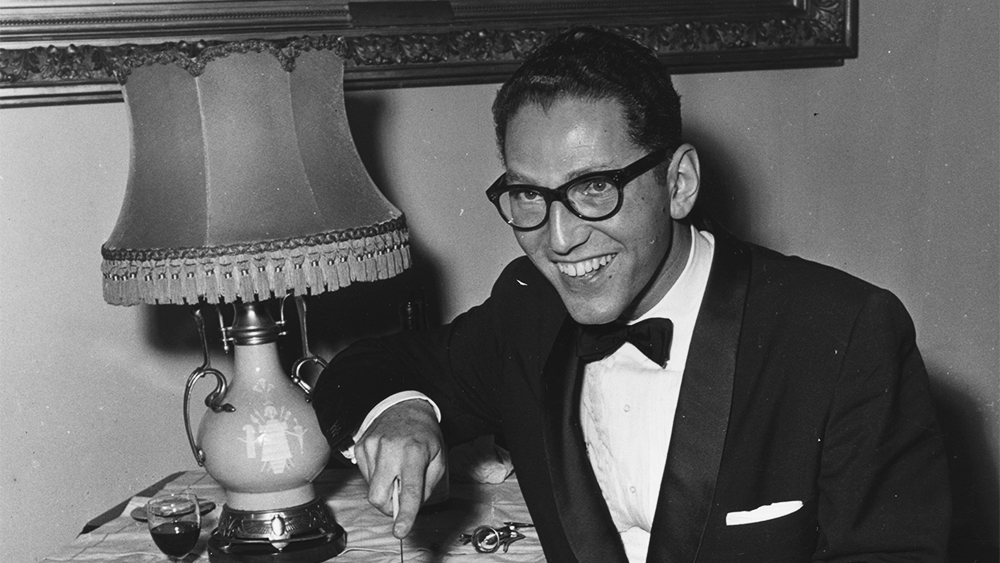Tom Lehrer, the celebrated satirist known for his sharp wit and memorable songs, passed away at the age of 97. He was found dead in his home in Cambridge, Massachusetts, on March 1, 2024. Lehrer gained prominence in the 1960s, particularly through his contributions to the television program “That Was the Week That Was,” which showcased his biting commentary on contemporary issues.
Lehrer’s journey to fame began in the early 1950s when he released self-produced albums that resonated with a niche audience. By profession, he was a mathematics professor, having taught at Harvard University and later at the University of California, Santa Cruz. Despite his academic commitments, Lehrer’s musical talents were undeniable. He once quipped, “I don’t like people to get the idea that I have to do this for a living,” highlighting his preference for academia over a full-time music career.
His satirical songs tackled issues that many deemed taboo during the conservative Eisenhower era. Topics included sexuality, drug addiction, and militarism, showcased in tracks like “The Masochism Tango” and “The Old Dope Peddler.” Lehrer’s influence extended well beyond his own era, shaping the work of later musical satirists such as Randy Newman and Weird Al Yankovic.
The turning point in Lehrer’s career came with his association with “TW3,” the U.S. adaptation of a British program hosted by David Frost. His album “That Was the Year That Was,” released in 1965, climbed to No. 18 on the American charts, solidifying his status as a prominent figure in musical satire. The album featured songs that critiqued various societal issues, including prejudice and nuclear proliferation.
Born in New York City to a Jewish family, Lehrer began piano lessons at the age of seven. He was classically trained and developed a profound appreciation for the American pop songbook. A math prodigy, Lehrer entered Harvard at just 15 and graduated magna cum laude in 1946, later earning his master’s degree the following year. His time at Harvard inspired some of his early work, including the humorous song “Fight Fiercely, Harvard.”
After a brief stint in the military, Lehrer released his first solo album, “Songs of Tom Lehrer,” in 1953. The album was recorded in a single session for $40 and became a cult success, selling over 10,000 copies. His second album, “More of Tom Lehrer,” came in 1959 and included classics like “The Elements,” a rapid-fire recitation of the periodic table set to a lively melody.
Lehrer’s national breakthrough in 1965 allowed him to balance his academic career with occasional performances. He toured both nationally and internationally, engaging audiences with his sharp humor and distinctive style. After writing songs for the PBS series “The Electric Company” and supporting Democratic candidate George McGovern in 1972, Lehrer returned to academia for the remainder of his life.
Despite stepping back from the spotlight, Lehrer’s work remained influential. His songs were frequently featured on Dr. Demento’s radio show, and in 1980, a revue titled “Tomfoolery” celebrated his contributions to music. In 2000, Rhino Records released a boxed set of his work, “The Remains of Tom Lehrer,” further cementing his legacy.
Lehrer never married and leaves behind no children. His unique blend of humor and music continues to be remembered and celebrated, marking him as an influential figure in the world of satirical entertainment.





































































